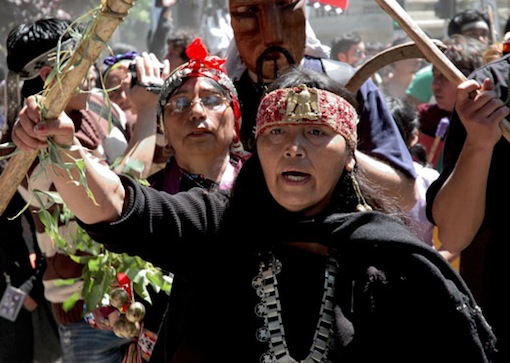We will refrain from an endless analysis and discussion of why this book, among zillions, may be of interest to us, but we have highlighted some key phrases that drew our attention. It may be easy to bash the book or to praise it and we may do both in the future, but it may have to be done together with all of you who may have read it. What's the value of us providing with a reason not to read it but remain confident that its criticism is as good as reading it yourselves?

 Both myself and my courageous publishers, Permanent
Publications, have decided to publish a free online version of this
book, and the normal paperback version under a Creative Commons Attribution-NonCommercial-
Both myself and my courageous publishers, Permanent
Publications, have decided to publish a free online version of this
book, and the normal paperback version under a Creative Commons Attribution-NonCommercial-
First, the ideas and practical tools contained within it should be
free to whoever may find them useful, and not made falsely scarce by the
mechanisms of the monetary economy.
Second, just as actions display our beliefs more honestly than our
words, the ways in which ideas and practical tools are shared are at
least as important as the words themselves. I wanted the medium to be
fully aligned with the message.
Third, I wanted to release it under a Creative Commons licence
because it felt fraudulent to have my name on the front of this book. As
I said in the acknowledgements page of my last book, what are my words
but “an accumulation of all that has come

